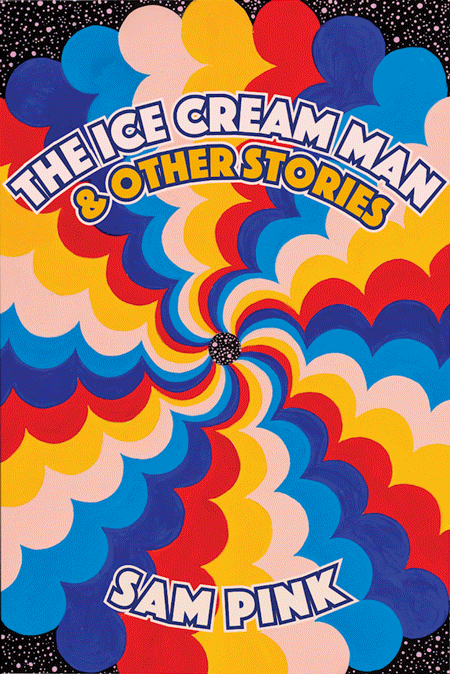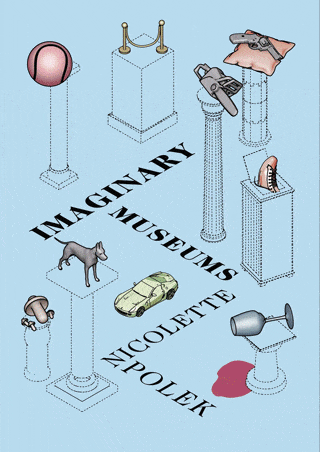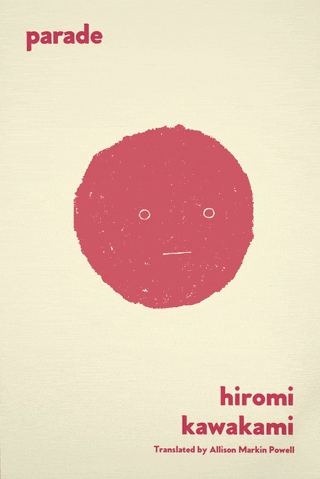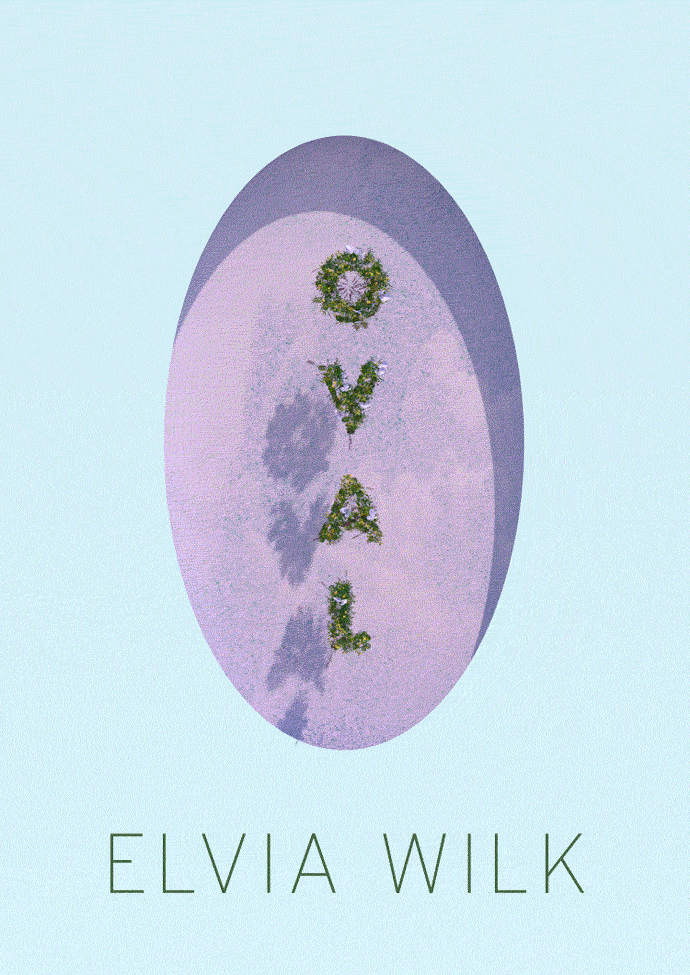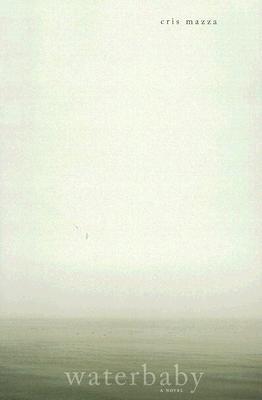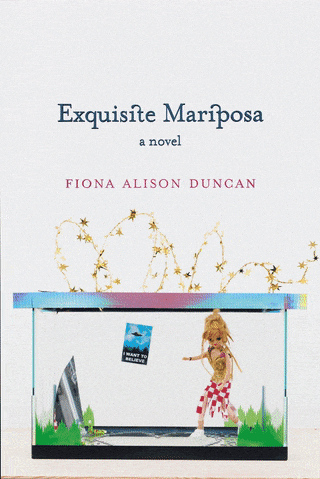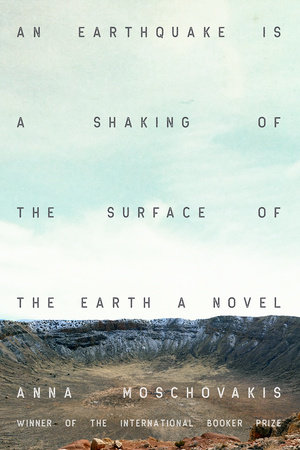
Book Description
A formidable, uncanny, and utterly unique new work from accomplished novelist and poet, Anna Moschovakis, whose translation of David Diop’s Frêre d’âme (At Night All Blood Is Black, Pushkin and FSG) won the 2021 International Booker Prize
After a seismic event leaves the world shattered, an unnamed narrator at the end of a mediocre acting career struggles to regain the ability to walk on ground that is in constant motion. When her alluring younger housemate, Tala, disappears, what had begun as an obsession grows into an impulse to kill, forcing the narrator to confront the meaning of the ruptures that have suddenly upended her life. The drive to find and eliminate Tala becomes an existential pursuit, leading back in time and out into a desolate, dust-covered city, where the narrator is targeted by charismatic “healing” ideologues with uncertain motives. Torn between a gnawing desire to reckon with the forces that have made her and an immediate need to find the stability to survive, she is forced to question familiar figurations of light, shadow, authenticity, resistance, and the limits of personal transformation in an alienated, alienating world.
Darkly comic, deeply resonant, and hallucinatory in tone, An Earthquake Is a Shaking of the Surface of the Earth will appeal to readers of Annie Ernaux, Dionne Brand, and Sheila Heti.
Praise For This Book
Los Angeles Times, A Most Anticipated Book of Fall"Intellectually playful . . . Moschovakis, a poet and translator with a background in philosophy, is interested in the ways that language constructs (and therefore limits) our notion of reality. The narrator is painfully aware that her reliance on clichés and 'junk metaphors' have left her with a false understanding of her circumstances. Only as the novel breaks down into apparent incoherence does she gain a truer grasp on herself." —Sam Sacks, The Wall Street Journal
"My kind of novel: taut and narratively ambiguous, a book of riddles or a riddle of a book . . . Propulsive and elusive at once." —David Ulin, Los Angeles Times
"A vibrant and uncanny retelling of an earthly disaster of seismic proportions . . . Intense, bizarre, and urgent." —Sam Franzini, OurCulture
"Moschovakis is a writer with an impressive toolbox of techniques, and they are employed here with a kinetic precision . . . The surface quakes, but at the core, Moschovakis maintains an expert sense of control: the result is a novel that’s endlessly rereadable, continuously shimmering at its edges, generating new meaning with each slight shift in tone or light." —Annie Lou Martin, Los Angeles Review of Books
"A terribly intelligent novel . . . An Earthquake Is a Shaking of the Surface of the Earth is about ruptures, about the vacuum formed when roles and routines evaporate; it’s also about the strange seductiveness of metaphors, of characters, of story, how once you agree to their first terms you find yourself trapped in that framework. Unsettling and insightful, the novel is an homage to finding a new sense of balance—or to crawling if the shaking is too intense." —Jake Casella Brookins, Locus Magazine
"The pleasure of the novel derives from its tension between the narrator’s urge to organize—she makes lists, fills notebooks, takes classes—set against Moschovakis’ determination to question the meaning of that organization, to mess with language and existence, and hold it up to scrutiny . . . This is all a tricky business for a novelist to navigate. But it’s one that Moschovakis—who’s played with Oulipian modes in her poetry and has translated the likes of Annie Ernaux and Robert Bresson—strides confidently into." —Mark Athitakis, On the Seawall
"On the faultline between the locution analysis of Olga Tokarczuk and the storytelling genius of Clarice Lispector comes a beautiful and unsettling novel from Anna Moschovakis . . . At its core, I found this book to be about finding your way when everything around you is shifting, and the different mindsets that you can choose to nurture . . . Moving (literally and metaphorically) and memorable." —Madeline Schultz, Chicago Review of Books
"A narrative meditation on the obsessions one clings to in the face of chaos . . . Reading Moschovakis's prose is a singular experience." —Alice Martin, Shelf Awareness
"[Moschovakis'] strengths include her inventive and stylistic use of language and her playfulness with metaphor, simile, and tropes, all skillfully employed to enhance and enforce the story. Most impressive is her character study of a person caught in the throes of a passion they both do and do not wish to escape." —Booklist
"A coolly provocative portrait of an aging actor in a city beset by seismic activity . . . The narrator’s preoccupation with poetic language (she’s a staunch critic of 'junk metaphors') lends the novel a deep and lively intelligence. Readers of experimental fiction ought to seek this out." —Publishers Weekly
"This story advances the thematic precepts of Moschovakis’ earlier work: rejecting binaries for the more shrouded truths that can be found when language, morality, and even individual selfhood are deconstructed. Moschovakis continues to provoke her readers to ask: What is a story? Or, even, what is a life?" —Kirkus Reviews
"Like Anna Kavan and Mary Shelley before her, Anna Moschovakis knows that the phone call is always coming from inside the building. An Earthquake Is a Shaking of the Surface of the Earth is a haunting in nine acts—a terrifyingly apt commentary on contemporary psychology in which what has been lost is somehow too close to touch." —Lucy Ives, author of Life Is Everywhere
“Moschovakis’s hallucinatory writing constellates the mind's obsessive recursions with precision. An Earthquake Is a Shaking of the Surface of the Earth undoubtedly raises the curtain to reveal her not-so-quietly standing among geniuses like Annie Ernaux, Joy Williams, and Clarice Lispector." —Claire Donato, author of Kind Mirrors, Ugly Ghosts










